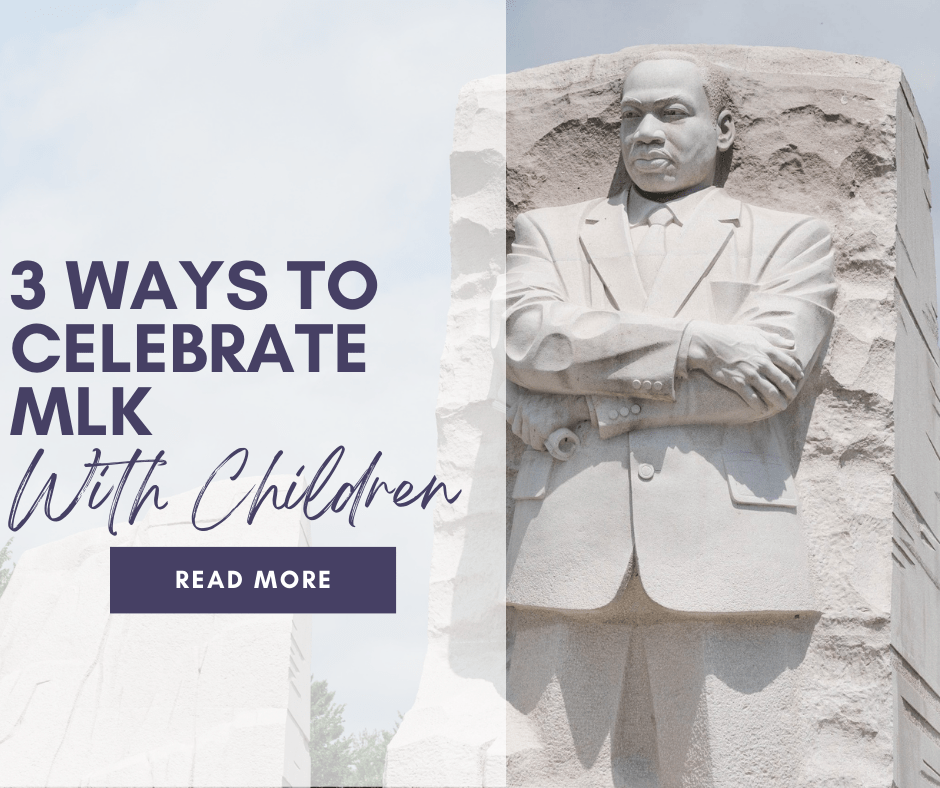When my oldest daughter, Adrielle, was in the second grade, she came home from school and told me that two schoolmates refused to play with her. “They said they are better than me because they are White,” she said, matter-of-factly, as if this or something similar had happened before.
Two years prior to that incident at school, Adrielle was riding in the car with her dad and me when we passed by a neighborhood park on the south side of Fort Worth where he grew up. My husband, Anthony, pointed out how, “Black people couldn’t come to this park when I was growing up.” Adrielle innocently asked, “What are Black people?”
RELATED READING :: MLK Day – Let’s Never Forget
Like my mother and previous generations of Black parents, my husband and I had to have the race talk with our young child, who up until that moment naively thought that everyone was treated the same.
Some parents wonder when or if they should be talking to kids about race. As a black parent, I didn’t have a choice. This year, I hope parents will use the upcoming Martin Luther King Jr. holiday to talk about race, how we treat others, and serve our community.
Here are 3 ways parents can celebrate MLK Day with their children
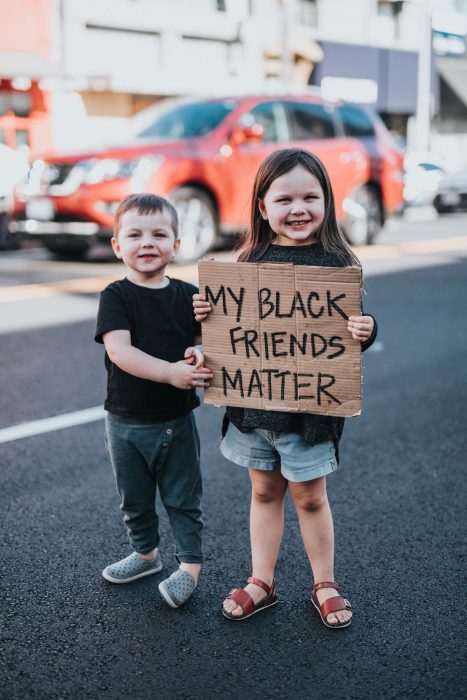
1. Talk To Your Kids About Race
Although King dreamed of a world where his kids would not be judged by their skin color, he did not advocate for a “colorblind” society. Instead, King acknowledged racial disparities in education and income and used his platform to challenge America to close the gaps.
“The problems of racial injustice and economic injustice cannot be solved without a radical redistribution of political and economic power.” – King to the Southern Christian Leadership Conference (SCLC) board on March 30, 1967.
For decades it was noble for people to say, “I don’t see color” and avoid talking about race all together. In fact, some have argued that teaching kids about race is racist itself. But children as young as 3 do see race and observe other physical differences as well.
As parents it is time to recreate the narrative and talk to our kids about race and our countries complex history with race relations.
Check out these resources on anti-racism from PBS Kids.
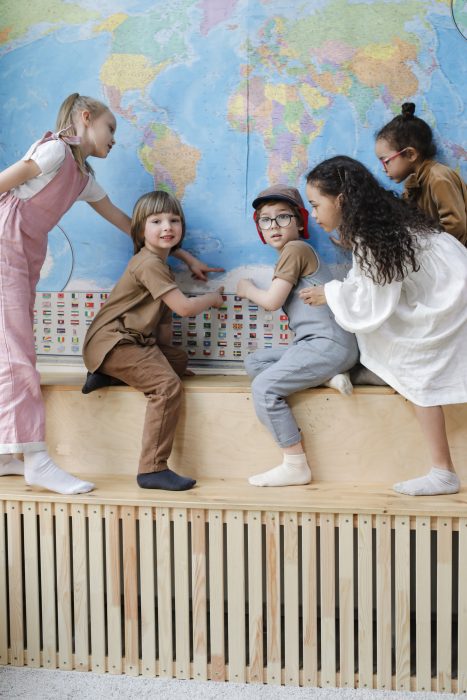
2. Encourage Diversity
Another way to celebrate MLK Day is by promoting diversity. Our children observe how we treat and interact with others that are different from us. If we have a diverse group of peers our children will also more likely feel comfortable in diverse circles as well.
We must be intentional about exposing our kids to multicultural experiences so that our children feel comfortable learning about other races and cultures. Attending events like the MLK march is a wonderful way to get your kids involved.
Although the traditional march has been cancelled this year, there are other Austin MLK Day celebrations happening throughout the city.
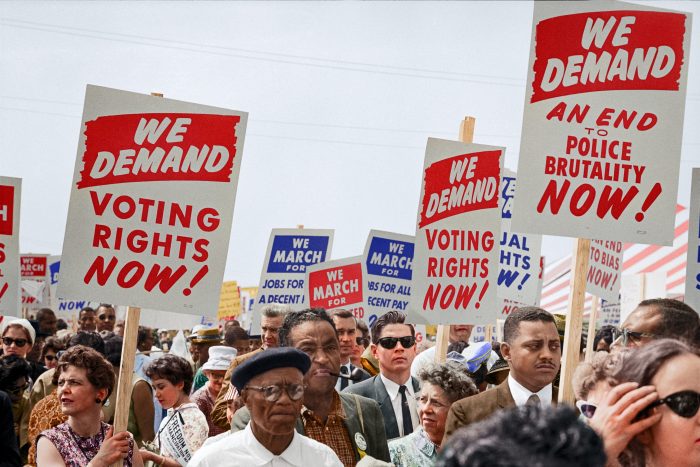
3. Teach Kids What King Fought For And Why People Opposed His Views
Most of what children learn about MLK has been condensed to the I have a dream speech and a simplistic notion of fairness. But MLK’s fight for racial and economic justice often set him in opposition of mainstream America. When King died, his public disapproval rating was at 75 percent and the disdain came from both the Black and White community.
The White community who supported racial segregation were not fans of MLK. But even those who supported racial equality and voting rights, began to push back on King when challenged to offer Black Americans access to their jobs and neighborhoods.
At the end of his life, King tried to unify poor Whites and Blacks in the fight for living wages and better working conditions. His fight for financial reconstruction caused him to become a target of many wealthy business owners and politicians.
When Civil Rights leaders and participants were killed, it stoked fear in the Black community and some blamed King. They labeled him a troublemaker. Others feared the repercussions of getting involved after seeing King and his supporters beaten, jailed, or labeled communists.
The younger Black generation also criticized King for his nonviolent stance. They wanted to fight back after experiencing violence led by police at marches and rallies across the south.
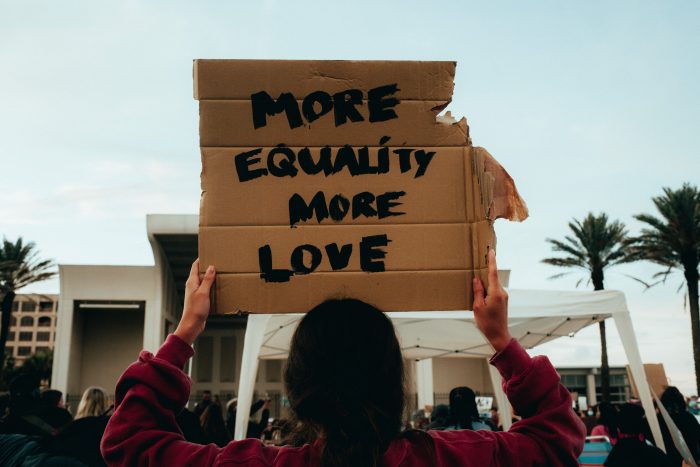
Despite the black and white photos, the Civil Rights error was not that long ago. In fact, my mother was part of the movement to integrated Lamar University in Beaumont. Yet, two generations later her granddaughter still experienced the sting of racial discrimination.
See 20 photos from the Civil Rights movement in color.
Our children need to understand that while progress has been made on racial equality there are still ongoing battles for voting rights, justice in policing, affordable housing, and equity in education that are critical to the Black community.
By promoting thoughtful dialog on race, poverty, and fairness this MLK Day, we can help shape the next generation of compassionate, educated, and civically engaged activist, community leaders, and citizens.



